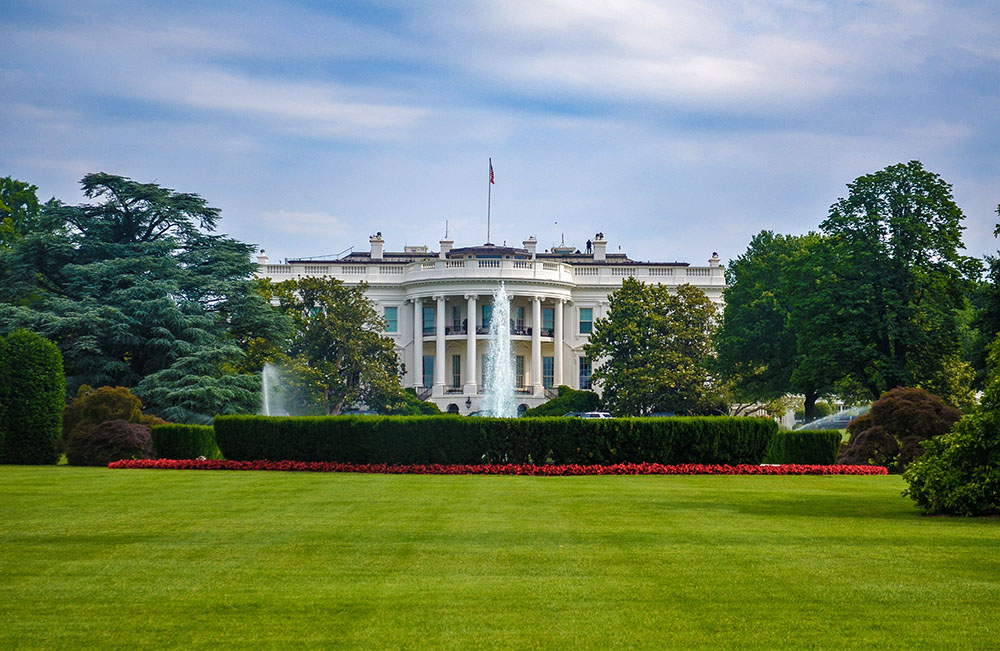
- Details
- By Native News Online Staff
The Department of Interior is investing $120 million in tribal communities to mitigate the effects of climate change, they announced on July 19.
Tribes can apply for the funding to either plan for or adapt to climate change related threats such as drought, wildfire, and coastal erosion.
Department of the Interior Secretary Deb Haaland (Laguna Pueblo) called the funding a “transformational commitment” to plan for and implement climate resilience measures, uphold trust and treaty responsibilities to tribal nations, and safeguard Indigenous lands for generations to come.
 Make A Monthly Donation Here
Make A Monthly Donation Here
“Devastating storms, increased drought and rapid sea-level rise disproportionately impact
Indigenous communities,” Haaland said in a statement. “Helping these communities remain on their homelands in the midst of these challenges is one of the most important climate related investments we could make in Indian Country.”
The $120 million includes $23 million from the Bipartisan Infrastructure Law, $72 million from the Inflation Reduction Act, and $25 million from fiscal year 2023 annual appropriations, according to the Interior Department. That amounts to the largest sum of annual funding made available to Tribes and Tribal organizations in the history of the Bureau of Indian Affairs Tribal Climate Annual Awards Program.
The funding also advances the Biden-Harris Administration’s Justice40 Initiative, which sets the goal that 40% of overall benefits of certain federal investments flow to disadvantaged communities that are marginalized, underserved, and overburdened by pollution and environmental hazards.
The BIA will offer a grant writing workshop on July 26 followed by an educational webinar on August 2 to discuss the funding opportunity and explain how to apply for the grants.
More Stories Like This
Gwich'in Tribal Governments Submit Comments Challenging Fish and Wildlife Service's Inadequate Environmental Review of Arctic Refuge Snow RoadRappahannock Tribe Challenges 9M-Gallon Water Plan
Feds release draft long-term plans for Colorado River management
Apache Leader Walks 60 Miles to Court Hearing That Will Decide Fate of Sacred Oak Flat
Rappahannock Tribe Raises Sovereignty and Environmental Concerns Over Caroline County Water Permit
Help us defend tribal sovereignty.
At Native News Online, our mission is rooted in telling the stories that strengthen sovereignty and uplift Indigenous voices — not just at year’s end, but every single day.
Because of your generosity last year, we were able to keep our reporters on the ground in tribal communities, at national gatherings and in the halls of Congress — covering the issues that matter most to Indian Country: sovereignty, culture, education, health and economic opportunity.
That support sustained us through a tough year in 2025. Now, as we look to the year ahead, we need your help right now to ensure warrior journalism remains strong — reporting that defends tribal sovereignty, amplifies Native truth, and holds power accountable.
 The stakes couldn't be higher. Your support keeps Native voices heard, Native stories told and Native sovereignty defended.
The stakes couldn't be higher. Your support keeps Native voices heard, Native stories told and Native sovereignty defended.
Stand with Warrior Journalism today.
Levi Rickert (Potawatomi), Editor & Publisher

